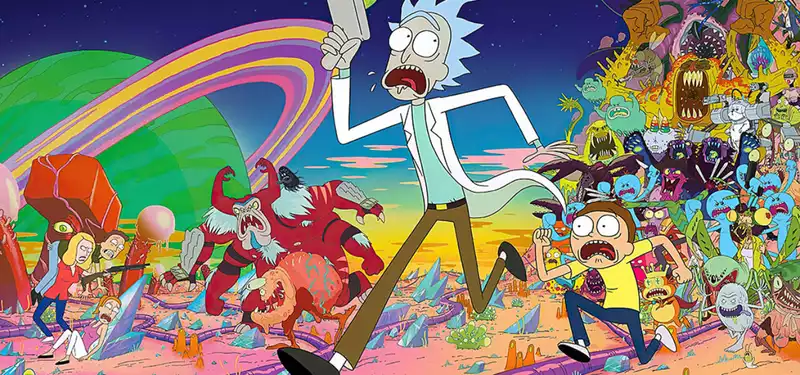Jul 9, 2020
The city of Toon, a leading animation producer in the Philippines, is experiencing a 28% productivity drop in the lockdown
Throughout the pandemic, the animation world has been abuzz with reports of studios maintaining - or even boosting - productivity. A narrative has emerged: animation production, which can be done remotely with relative ease, is uniquely placed to benefit from the crisis.
This narrative assumes that staff have the technical resources they need to keep working from home. While European and North American studios have noted inevitable glitches in the transition to remote work, news from the Philippines hints at the deeper structural issues faced in other parts of the world. Toon City, one of that country's foremost animation studios, has reported a 28% drop in productivity during the quarantine, citing poor internet connections.
Juan Miguel del Rosario, CEO of Toon City and president of the Animation Council of the Philippines, said yesterday that the country's animation industry has struggled with delays caused by longer upload times and disrupted feedback methods. He pointed out that “enormous” files can take days to upload. His comments were reported by Filipino biz publication Businessworld.
The 28% figure is based on the average weekly output of the studio's top 20 employees, not its entire workforce. According to del Rosario, it roughly reflects the drop across the animation outsourcing industry. One of his employees faced a 53% decline in output due to a lack of stable broadband and equipment at home.
“Essentially, the reason behind this is work-from-home is still not yet an ideal place as far as we're concerned,” he said. “The Philippines cannot be competitive with weak internet infrastructure.”
The Philippines's animation industry is one of the more well-established in Southeast Asia. It mostly comprises service studios in the 2d sector. Many are well connected to the U.S. industry; Toon City's main contractor is Disney, though it has also animated plenty of series for other studios including Brickleberry, Bunnicula, and Rick & Morty (pictured above).
Last year, a report on Southeast Asia's animation production commented on the country's technical limitations: “Delay in technological development and new media adoption, mainly due to limited and costly supply of animation software and hardware” is a weakness that “[h]as also led to shortage of skilled and experienced animators specifically in 3d services, possibly due to the expensive supply and minimal investments in 3d infrastructure.”




Post your comment